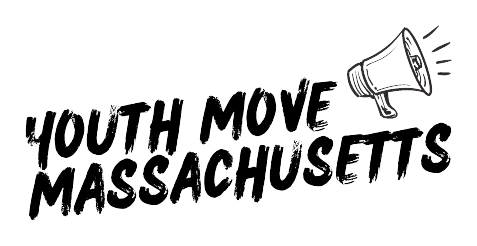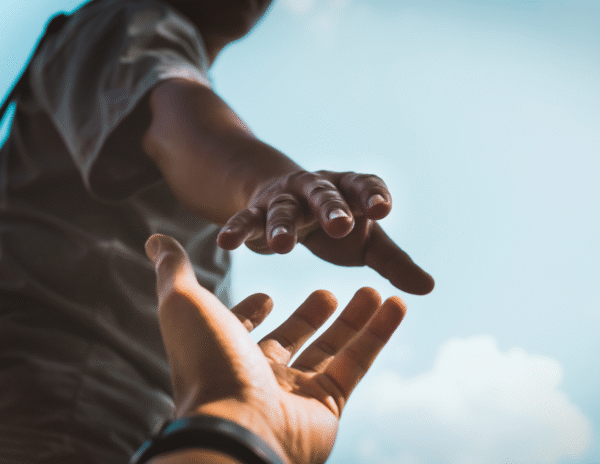Six years ago, I was a resident in an all-girls intensive residential program through the Department of Mental Health. It was a locked program with hefty security measures. Intricate rules and regulations dictated everything we did. We would be punished if we bit our nails, as it was considered a form of self-mutilation. They counted our calorie intake during meals and snacks, and if we were a few calories short that day, we would be confined to our rooms. Every day, we had to form a line and walk a specific number of laps along the hallway walls. This is what I became used to.
When you walk into programs like this, you don’t expect to succeed. You expect people to give up on you. To see you as a file instead of a person. A case, not a kid.
That was me. By the time I landed in this program, I had convinced myself that I was stupid, broken, and hopeless. That mindset is common for youth in residential programs, and unless someone interrupts that cycle, it becomes a self-fulfilling prophecy.
For me, that interruption came in the form of one teacher who worked at the program. He reminded me, over and over again, that I wasn’t stupid. I didn’t believe him at the time. It took me four more years before I could, but he was right.
What made him different wasn’t just academics. It was connection. He was the only one I felt truly saw me as a person, not a case file.
One day, my parents were coming in for a team meeting. I was at the program’s version of school, waiting until I was called into the meeting. A few minutes before the meeting was supposed to start, the loudspeaker announced, “Code Blue in the lobby”. Knowing this was around the time when my parents would be arriving, and that the lobby was exactly where they would have been, my stomach dropped. My father was about 89 years old at this time. The time ticked by, past when the meeting was set to begin. Nobody gave me answers, but they did bring me upstairs from school and sit me on the couch in the living room. There were no staff in sight, except for my teacher, sitting quietly behind me on the couch.
Months later, after I had left the program, my dad passed away. There was about a week between his death and his services, which I spent dissociating, trying to heal my family. I did not cry. I was in character at his services, greeting everyone who came to give their condolences happily. That was, until I saw my teacher rounding the corner. I jumped out of the line and ran to him. He had no idea that the tears he saw streaming down my face in that moment were the first I felt safe enough to shed in weeks.
That’s the impact of one person refusing to see you as just a diagnosis or a behavior. That’s what gave me hope.
The truth is, in systems like DMH, young people are labeled long before anyone meets us. Our files say things like “non-compliant,” “risk to others,” or “unfit for home.” The system defines us by our worst days and our hardest moments.
But we are more than that. We are learners, leaders, and dreamers. We are future success stories. And when one person believes in us beyond the labels, it can change everything.
Here’s what I know now: the way adults show up in programs like this one can make the difference between despair and hope. Sometimes it’s not about changing the entire system in a day; it’s about the small, consistent actions that remind a young person they’re more than the system says they are.
I am living proof that it works. I went from being a kid convinced I was hopeless to becoming a college student, earning a degree, becoming a Peer Specialist, engaging in advocacy work in the field, and becoming someone who is determined to change the very systems I grew up in.
That didn’t happen in isolation. It happened because people refused to give up on me when I had already given up on myself.
So if you take anything from my story, let it be this: every young person, no matter how they are labeled, deserves to be seen as more than their file. We are more than our diagnoses, more than our placements, and more than our behaviors. We are whole people, and when someone believes in us, it gives us permission to start believing in ourselves, too.
Written by Ashley Smith, YMM Peer Specialist


Amazing Story! Keeping striving for the stars!